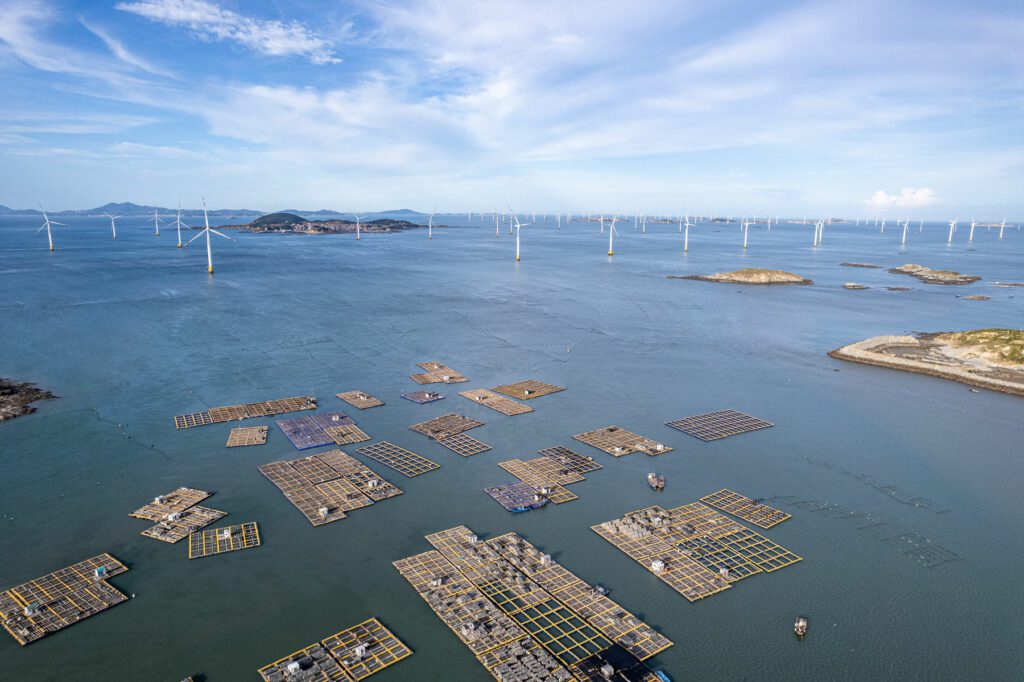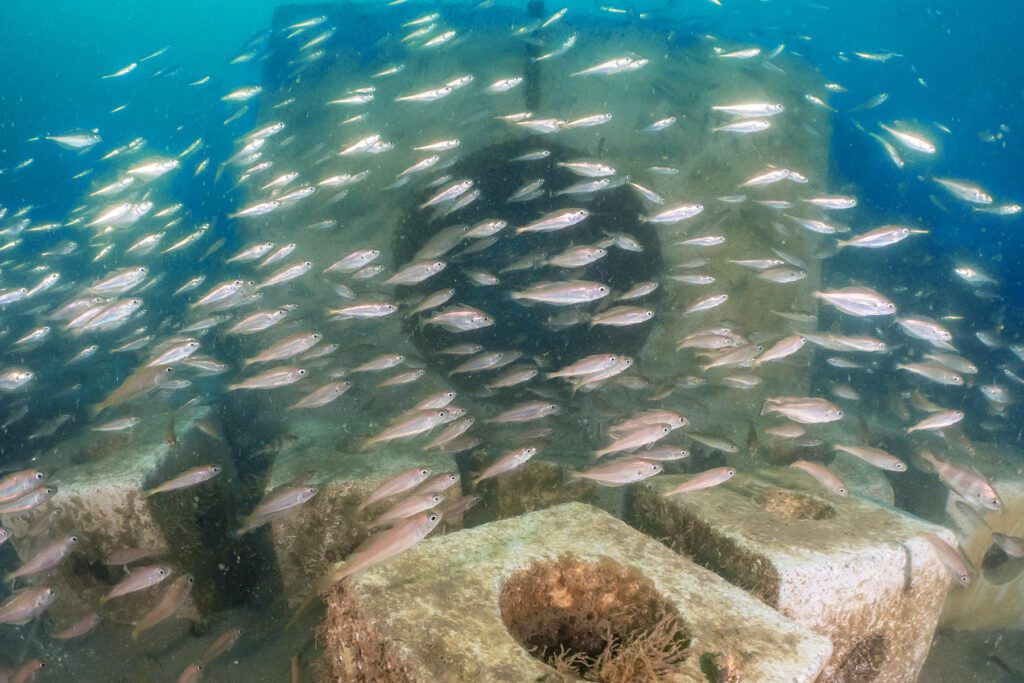“The team is very well run, and goes the extra mile to ensure that all avenues are explored in order to provide the best possible representation for clients. The team has a wealth of experience in this area.”
“Andrew Oldland KC is a fiercely intelligent partner with the immeasurable benefit of significant court experience. Very few firms can boast an asset of his status in their number.”
“Attention to detail, understanding the issues and having the ability to get to the nub of the question are evident in abundance. All individuals are on top of their game.”
“Michelmores is very much a city quality practice with the approachability and friendliness of a regional firm. They should not be underestimated as to their ability, resolve or tactics, but are at the same time a pleasure to work with. Having a London office to service their international and financial litigation work has been an excellent move.”
Sector leading expertise
We have considerable expertise across all areas of marine, harbour and coastal regulation, including fisheries, collisions at sea, onboard accidents, pollution and marine licensing.
Andrew Oldland KC leads the team. Andrew is widely recognised as a leading expert in this field. In addition to advising, Andrew provides lectures and seminars to other lawyers and fisheries agencies on enforcement issues. Andrew sits as a part time judge in the Crown and County Courts.
Technical legal skills applied within a wider marine policy context
Advising effectively on these issues requires a considerable breadth of understanding of the complex statutory and common law issues involved. This ranges from the ability to interpret and apply historic acts of parliament to the latest policy approaches to marine planning and sensitive environmental issues. It also requires an understanding of the wide range of different interests involved: commercial, public sector, environmental and other stakeholders.
We have experience of the full range of perspectives and interests. In addition to working for private clients, we have worked extensively for the UK’s fisheries enforcement agencies including the Marine Management Organisation.
Our in-depth knowledge of marine regulation and public law means that we are uniquely placed to advise port authorities, shipping and fishing fleets, ferry companies, marina operators, ship builders and repairers, and other port users (including freight forwarders, fish merchants and other port based businesses) on such issues.
Marine Regulation
We advise in relation to collisions at sea, onboard accidents, and pollution incidents.
Marine Licensing & Coastal Planning
All aspects of marine planning and licensing and the interaction between marine licensing and terrestrial planning (including listed building consent), environmental law and harbour ‘works orders’.
Harbour Empowerment & Revision Orders
All aspects of obtaining, opposing and implementing harbour orders, including the interaction between ‘works orders’, marine licensing and terrestrial planning and environmental law (including listed building consent).
Harbour Dues
Depending on the individual statutory framework for the relevant harbour, the powers of a harbour authority can vary from port to port. Harbour authorities are often acting as quasi-public bodies as well as private enterprises. As harbours are often local monopolies, competition law issues can also be relevant. Our in-depth knowledge of marine regulation and public law means that we are uniquely placed to advise port authorities, shipping and fishing fleets, ferry companies, marina operators, ship builders and repairers, and other port users (including freight forwarders, fish merchants and other port based businesses) on such issues.
Fisheries Protection
We are able to respond at very short notice to secure the release of arrested or detained fishing vessels, either by negotiating a bond with the MMO or by taking proceedings in the magistrates’ court to obtain orders for their release.
Marine Net Gain
Our waters, including our coasts and oceans, are one of our most important Natural Capital assets. They provide a multitude of ecosystem services as well as food, energy and raw materials. Protecting and enhancing our marine habitats whilst facilitating marine activities and development is a considerable regulatory challenge. The UK Government are considering how a Marine Net Gain approach will restore our marine environment by improving both habitats and protecting species.
Recent experience
Advising the Duchy of Cornwall in relation to a Harbour Revision Order for St Mary’s Harbour on the Isles of Scilly
Advising the Port of London in respect of its statutory harbour and river works licensing powers in relation to the £multi-million redevelopment of Fulham Football Club
Advising multiple private land owners on the impact of marine regulation and statutory harbour authority powers
Preparing reports and recommendations on the marine regulatory regime for a major environmental charity
Advising a major charity in respect of 10 year multi-site regional marine licences to cover maintenance to all of its existing infrastructure below mean high water springs in England and Wales (in excess of 150 sites)
Marine, Property and Planning due diligence on a major multi-site corporate transaction of a leading marine business
Advising Brighton Marina Estate Management Company in respect of marine licensing requirements for Phase 1 of the £multi-million mixed-use development at Brighton Marina












